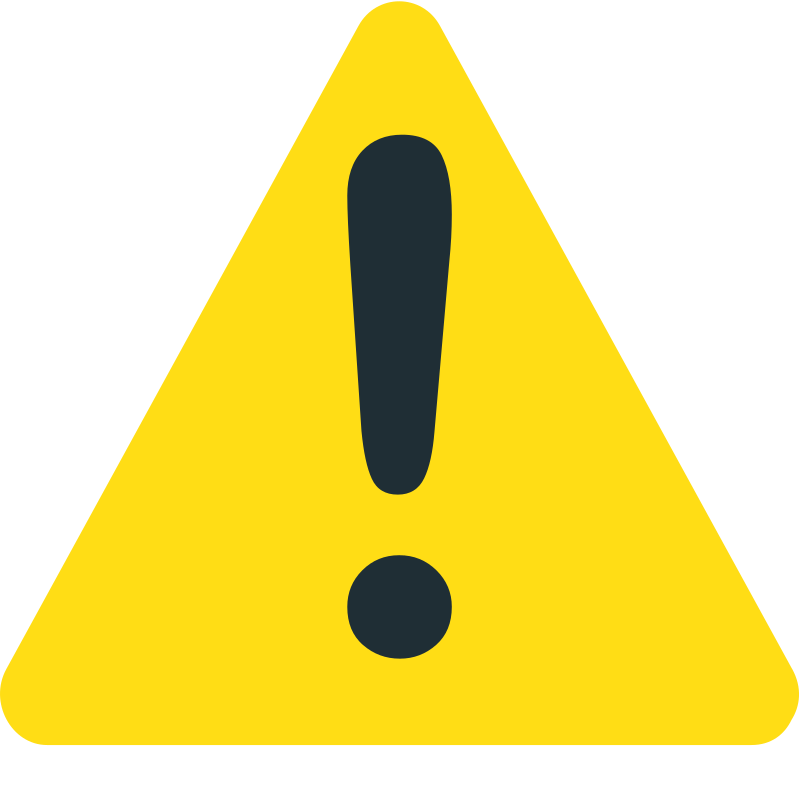News release
From:
Who’s responsible for the spread of COVID-19 misinformation?
During the COVID-19 pandemic, misinformation about symptoms, vaccines and infections rates has been rife. New research published in Online Social Networks and Media investigated the authors, content and propagation of this 'infodemic'. Using data from over 92 professional fact-checking organizations between January and July 2020, researchers analyzed 1,500 false or partially false tweets that spread misinformation about the COVID-19 pandemic. The results revealed that false claims spread faster than partially false claims and are generally focused on discrediting other information. Furthermore, the research found that brands (either organizations or celebrities) were involved in 70 per cent of the false information claims either through liking or retweeting false information. The study even identified the top ten emojis and hashtags used in tweets containing misinformation.
The study's lead author, Gautam Kishore Shahi, University of Duisburg-Essen, said: "Celebrity or not, we urge social media users to distinguish between fact and opinion and to meet any unsubstantiated claims with scepticism. We have also highlighted gaps in general understanding of COVID-19 to be addressed, as well as recommendations for authorities."



 International
International



